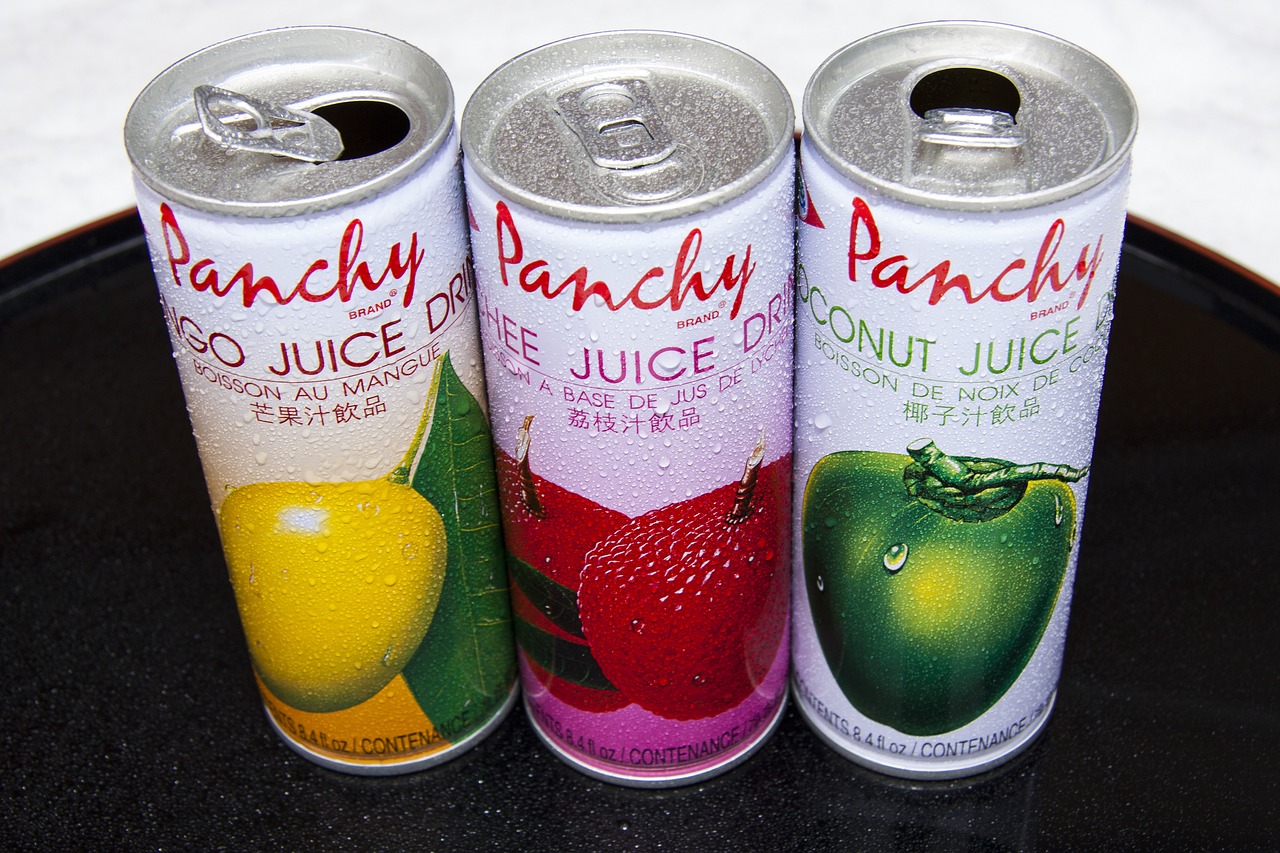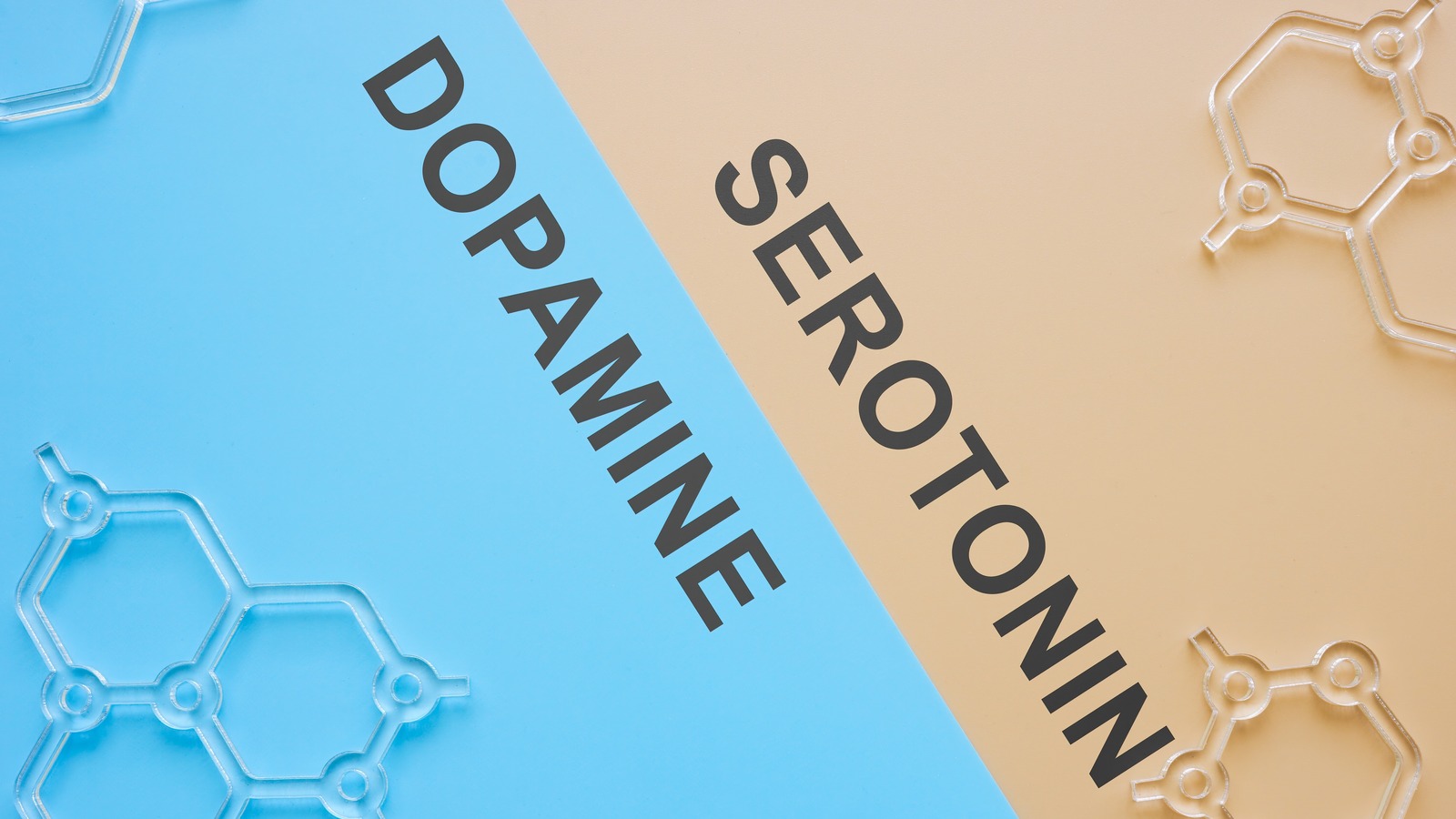Caffeine Overload: The Eye-Opening Truth about Skyrocketing Energy Drink Levels
In today’s fast-paced society, energy drinks have become the go-to solution for those seeking a quick boost of vitality and mental alertness. With their flashy packaging and enticing promises, these beverages have gained immense popularity. However, it’s crucial to unveil the truth behind the skyrocketing caffeine levels in energy drinks and the potential impact on our health and well-being.
The Energy Drink Phenomenon
Energy drinks have taken the world by storm, capturing the attention of consumers of all ages. These beverages are marketed as a source of instant energy, enhanced focus, and increased performance. The demand for energy drinks has grown exponentially, but it’s essential to examine the caffeine content and its implications.
Unmasking the Caffeine Surge
Caffeine is the key ingredient that provides the desired effects in energy drinks. However, the levels of caffeine found in these beverages are often alarmingly high. While a typical cup of coffee contains around 95 milligrams of caffeine, energy drinks can contain as much as 300 milligrams or more per serving. Some extreme variations even boast caffeine levels exceeding 400 milligrams.
Understanding the Caffeine Impact
Caffeine is a stimulant that affects the central nervous system, offering temporary benefits such as increased alertness, improved focus, and a surge of energy. However, consuming excessive amounts of caffeine can have adverse effects on our bodies. Jitteriness, increased heart rate, anxiety, and difficulty sleeping are common side effects associated with high caffeine intake.
The Risks of Caffeine Overconsumption
The surge in caffeine levels within energy drinks raises concerns about potential risks and long-term health implications. Excessive caffeine consumption can lead to dehydration, increased blood pressure, digestive issues, and even addiction. It’s important to acknowledge that energy drinks are not suitable for everyone, especially those with underlying health conditions or individuals who are sensitive to caffeine’s effects.
Navigating Caffeine Intake
To make informed decisions, it’s crucial to be mindful of the caffeine content in energy drinks. Reading product labels and understanding serving sizes are essential steps in managing caffeine intake. Recognizing personal caffeine tolerance and sensitivity is equally important. Adjusting consumption based on individual needs and avoiding excessive or frequent intake can help mitigate potential risks.
Promoting Balance and Awareness
As consumers, it’s vital to prioritize our well-being and make conscious choices regarding caffeine consumption. Energy drinks should not be relied upon as a sole source of energy. Maintaining a balanced lifestyle through regular exercise, proper nutrition, hydration, and sufficient sleep can naturally enhance energy levels without relying heavily on caffeine.
Educating for Safer Consumption
Public education plays a pivotal role in promoting responsible consumption. It is crucial to raise awareness about the potential risks associated with energy drinks, particularly among younger individuals who may be more susceptible to their influence. Encouraging open discussions and providing accurate information about caffeine and its effects can empower individuals to make informed choices.
Conclusion
The prevalence of energy drinks in our society is undeniable, but we must acknowledge the eye-opening truth about their skyrocketing caffeine levels. While these beverages offer a temporary energy boost, it’s essential to understand the potential risks associated with excessive caffeine consumption. By promoting awareness, responsible consumption, and healthier alternatives, we can prioritize our well-being and make informed decisions about our caffeine intake.










